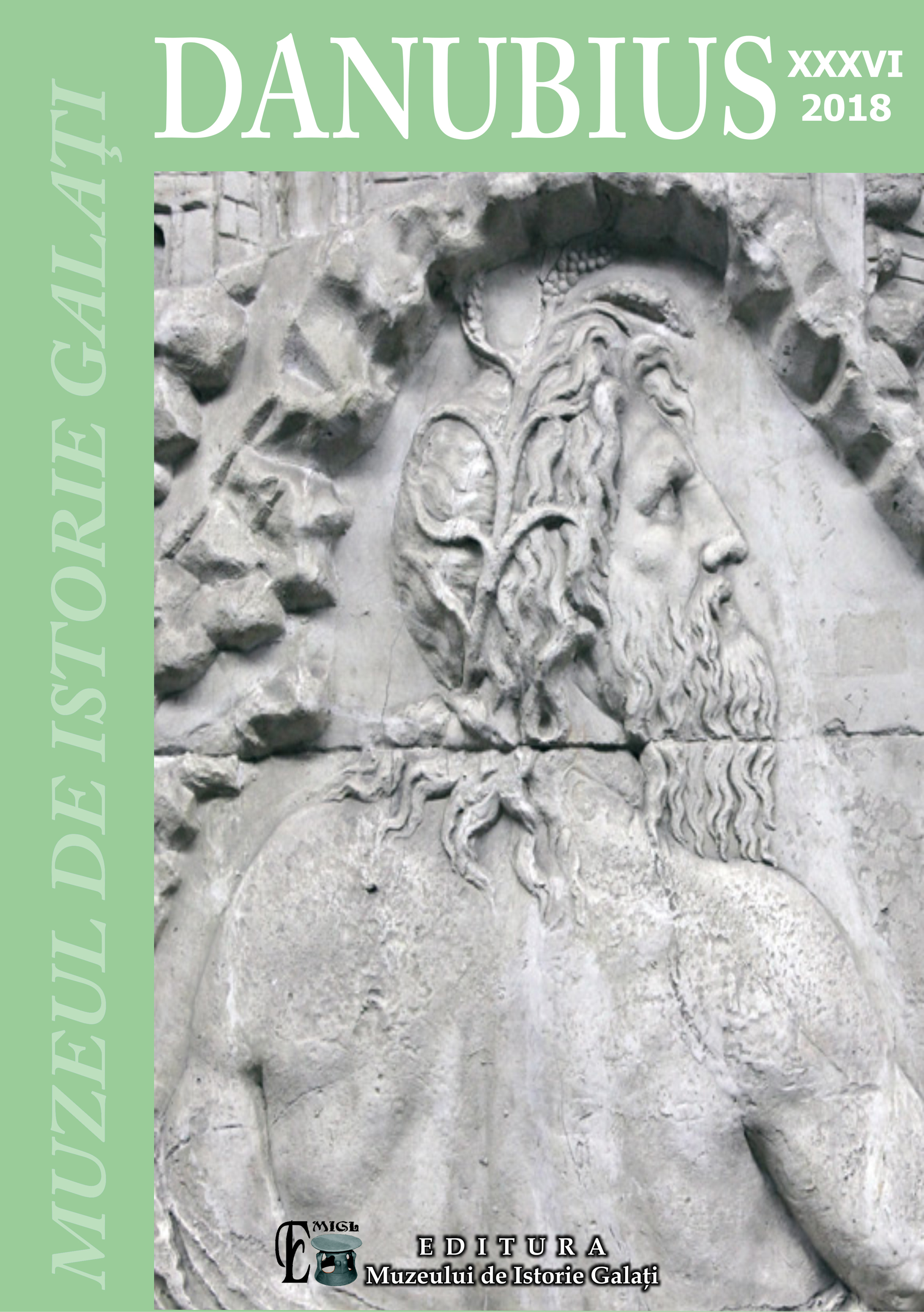Repudierea naturalului și salvarea transcendentă, în brahmanism. Maitreya-upanisad și Jābāla-upanisad (traduceri adnotate)
Rejection of the Natural and Transcendent Salvation, in Brahmanism. Maitreya-upanisad and Jābāla-upanisad (Annotated Translations)
Author(s): Ovidiu Cristian NeduSubject(s): Philosophy, Theology and Religion, Indian Philosophy, Philosophy of Religion, History of Religion
Published by: Muzeul de Istorie „Paul Păltănea” Galaţi
Keywords: "Indian religion"; "Brahmanism"; "Maitreya-Upanisad"; "Jābāla-Upanisad"; "liberation"; "anti-naturalism"; "ascetism"; "renunciation"; "Sannyāsa";
Summary/Abstract: The existential and religious attitude of classical Brahmanism has always been utterly anti-naturalistic; those philosophers looked down at all human conditions and accomplishments. Consequently, they put forward renunciation, ascesis, the reabsorption within the ultimate reality which emanated the corrupted multiplicity, as the sole religious ideals. Brahmanical ethics sees renunciation as the highest human goal; this option prevails over any other possible life attitude.The present article deals with two main classical writings on this topic: Maitreya-Upanisad and Jābāla-Upanisad, both of them being included, by the Brahmanical tradition, among the „Sanyāsa-Upaniads” (Upaniads of renunciation).Maitreya-Upanisad is a rare and, probably, the shortest version of the classical Maitri-Upanisad.It takes a sheer anti-naturalistic stance along with expressing the longing for transcendence. King Brhadratha, in spite of his royal condition, feels disgusted by whatever means human life and natural conditions and, consequently, decides to give up on everything and to engage on an ascetic path culminating in the ontological regression towards the source of all manifestation. The phases of the regression are depicted in quite an usual way, which mixes Sāmkhya elements with some concepts whose presence in a Brahmanical writing seems rather weird. Jābāla-Upaniad is quite a heterogenous text, containing some proto-Tantric elements (mentions of pilgrimage places, interiorization of pilgrimage and of religious tokens, salvific formulae) and, in its second half, stipulations regarding the act of renunciation and the condition of the one who renounces. The text lays stress on the relation between renounciation and moral, social or religious regulations. Renunciation cancels all worldly obligations, all moral imperatives, leaving the one who embraces it in a state of total freedom. The hermit becomes like a „madman”, defying all worldly reasons and all worldly obligations, and freely roaming in a Universe that ceases to bind him in any way.
Journal: Danubius
- Issue Year: XXXVI/2018
- Issue No: 1
- Page Range: 301-345
- Page Count: 45
- Language: Romanian

